
Exploring the World of Ethical Hacking and Certified Ethical Hacker (CEH) Certification
by contributor Lyan Ware
With cyber threats escalating in complexity and frequency, ethical hacking has emerged as a pivotal discipline to safeguard users as they traverse the virtual realm. Ethical hacking, also known as penetration testing or white-hat hacking, involves legally breaking into computer systems, networks, or applications to discover security vulnerabilities before malicious hackers exploit them. Ethical hackers, often referred to as “white-hat hackers,” use their expertise for noble purposes, helping organizations strengthen their security measures and protect sensitive data.
As technology becomes increasingly integral to daily life, organizations face growing threats from cyber criminals seeking to exploit vulnerabilities for financial gain or malicious intent. Ethical hacking plays a vital role in this context, helping businesses and institutions proactively secure their digital assets. By identifying weak points in networks, software, and systems, ethical hackers enable organizations to take preventive measures, fortify defenses, and reduce the risk of data breaches, financial losses, and reputational damage.
To excel in ethical hacking, individuals need a diverse skill set and must stay updated on the latest cyber threats and defense strategies. Key skills include networking knowledge, programming proficiency, expertise in operating systems, web application security, cryptography, and social engineering techniques. At the forefront of ethical hacking education is the prestigious EC-Council’s Certified Ethical Hacker (CEH) certification. Renowned worldwide, this credential serves as a hallmark of expertise in identifying and mitigating cybersecurity threats. CEH-certified professionals possess the skills required to replicate hacker techniques, dissect potential vulnerabilities, and institute preventive strategies. The certification’s holistic curriculum covers diverse facets of ethical hacking, ensuring a comprehensive skill set. Although expensive, the CEH certification makes for a great investment when it comes to pursuing a successful career in ethical hacking.
Ethical hackers carry out their duties responsibly and ethically. Their primary responsibilities include vulnerability assessment, penetration testing, reporting and documentation, and continuous learning. Through these efforts, ethical hackers contribute to a safer and more secure digital environment.
Ethical hacking is not just a tech-driven pursuit; it is a noble mission to protect individuals, businesses, and societies from cybercrime. As organizations recognize the significance of cybersecurity, ethical hackers are in high demand across various industries. To embark on this thrilling journey, aspiring ethical hackers must cultivate a passion for technology, a curious mindset, and an unwavering commitment to ethical conduct. By diving into the depths of network security and digital defenses, these modern-day guardians make invaluable contributions to the safety and well-being of users and user information.
Benefits of The CompTIA Security+ Certification
Understanding the Role of Cybersecurity Analysts
Introduction to Certified Information Systems Security Professional (CISSP) Certification
Common Cybersecurity Threats and How to Protect Yourself





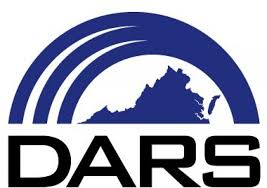


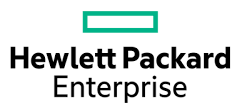







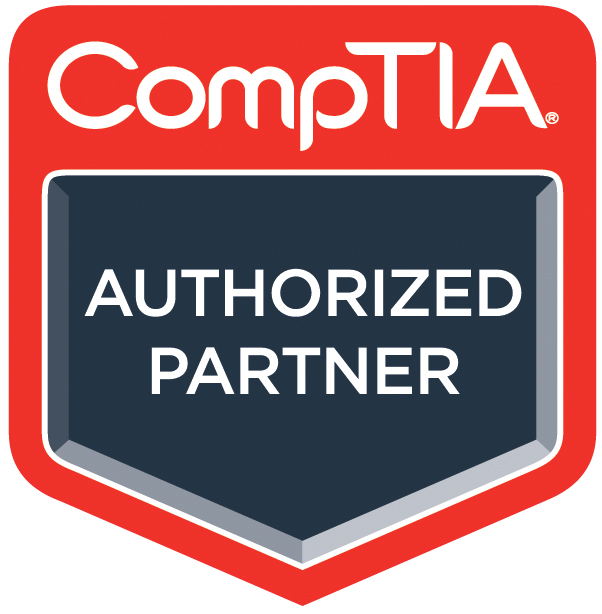


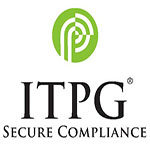





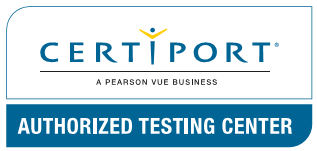



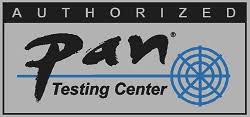
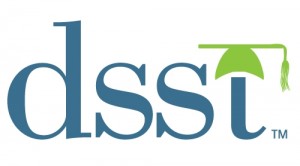
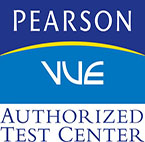
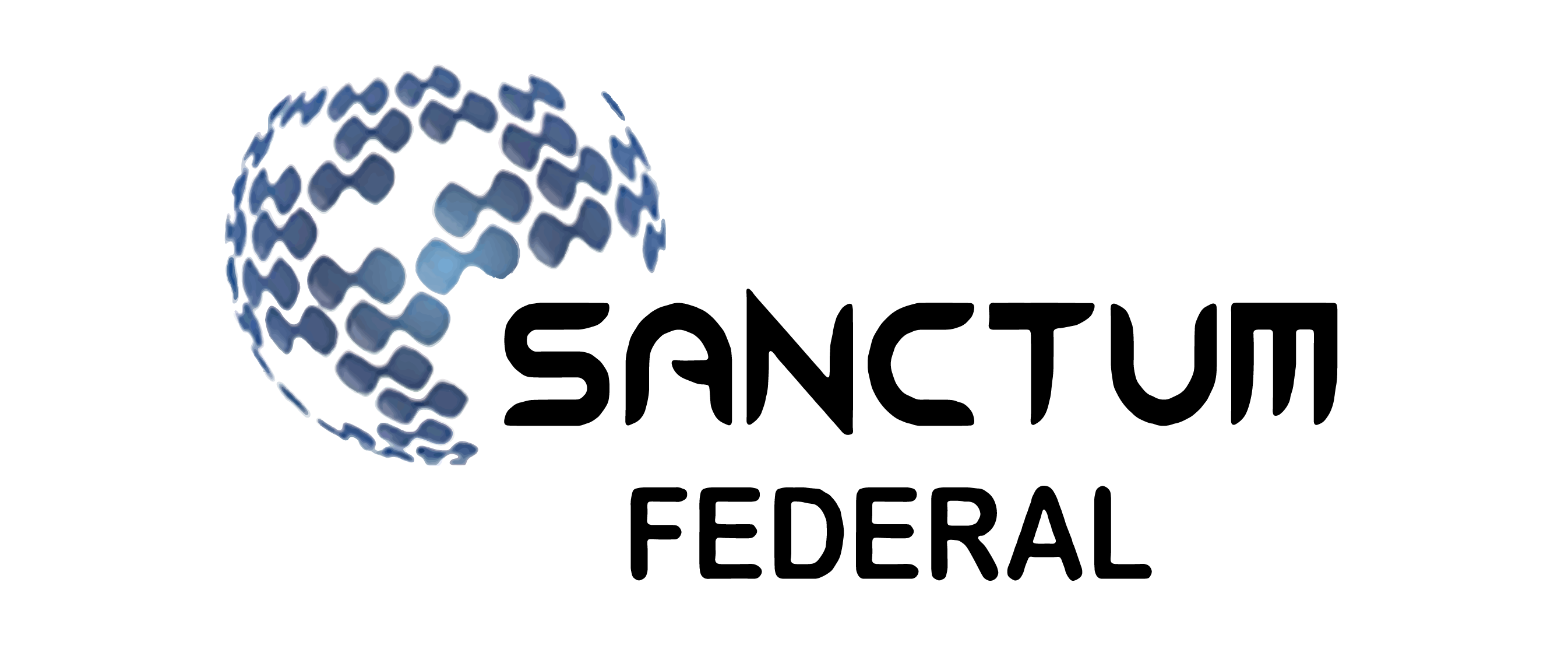

Leave a Reply
You must be logged in to post a comment.